Meditation Practices for Healing and Well-Being
Meditation Practices Bring Me Back To My True Home
- Home
- Meditation
- Mindfulness
- Two Questions
- First Mindfulness Meditation Practice
- Second Mindfulness Meditation Practice
- Third Mindfulness Meditation Practice
- Fourth Mindfulness Meditation Practice
- Fifth Mindfulness Meditation Practice
- Sixth Mindfulness Meditation Practice
- Mindfulness In Healing
- Five Mindfulness Trainings
- Fourteen Mindfulness Trainings of the Order of Interbeing
- Dharma Talks
- Products
- Teachers
- About
What is YOUR Type?

Find Out Here!
Know Your Type! Awaken Your Potential!
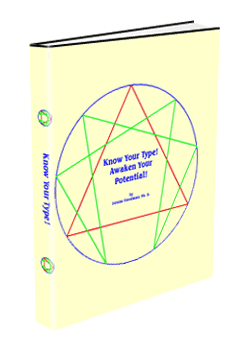
Order Now!
Stop Cancer in its Tracks
Healing Cancer with Your Mind

Buy This Book!
Tags
Buddha
Buddhism
Buddhist
ccare
compassion
Dalai Lama
deep listening
equanimity
Father Eli
five mindfulness trainings
forgiveness
generosity
Gratitude
guided meditation
happiness
impermanence
interbeing
Jon Kabat-Zinn
joy
Lama Surya Das
Lissa Rankin
loving kindness
Martin Luther King
meditation
meditation practices
mindful consumption
mindfulness
mindfulness in healing
Mindfulness Training
Mindvalley
Order of Interbeing
Pema Chodron
Plum Village
present moment
Richie Davidson
Roshi Joan Halifax
sangha
stress
sympathetic joy
Thich Nhat Hanh
Tricycle
vipassana
Words of Wisdom
yoga
zen
Join Our Meditation Group
Mindfulness in Healing
Meditation Group
Where: Pine Street Clinic
124 Pine Street
San Anselmo, CA 94960
When: Every Wednesday Evening,
7:00-8:30 PM
All are welcome!
For more information click here.
124 Pine Street
San Anselmo, CA 94960
When: Every Wednesday Evening,
7:00-8:30 PM
All are welcome!
For more information click here.
Copyright © 2026 on Genesis Framework · WordPress · Log in


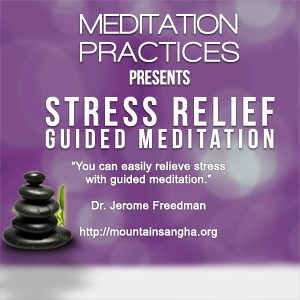
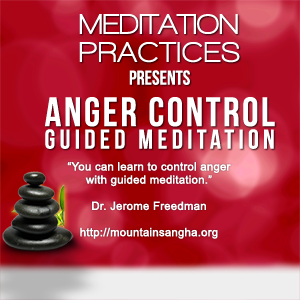
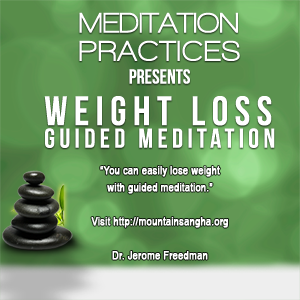
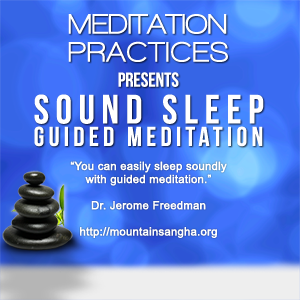
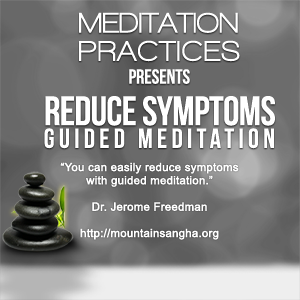


Comments On The Bodhisattva Vows
Then I found this dharma talk given by Suzuki Roshi on April 29, 1969, in which he made comments on the bodhisattva vows. You can actually listen to the dharma talk right here!
[podcast]http://suzukiroshi.sfzc.org/dharma-talks/wp-content/uploads/2011/07/69-04-29-t.mp3[/podcast]
In the dharma talk, he spoke about the precepts as vows.
The precepts are related to the Five Mindfulness Trainings of Zen Master Thich Nhat Hanh.
For example, one of the precepts is not to kill. This relates to the first mindfulness training.
Suzuki Roshi’s point of view on this teaching is that its purpose is to arise our buddha nature, our buddha mind, our “bodhichitta.” He says,
So with regard to the comments on the bodhisattva vows, he states,
Thus, even taking the bodhisattva vows has the purpose of awakening our buddha nature.
So the same thing is true with the precepts or mindfulness trainings.
By calling them “trainings,” Thich Nhat Hanh is already pointing out that our purpose in taking them is to awaken our buddha nature.
Did you take on any vows? If so, what are they? Do they help awaken bodhichitta (buddha mind)?
Share this:
Like this:
Related
Connect with Meditation Practices
Connect with

Or enter your name and email address below.